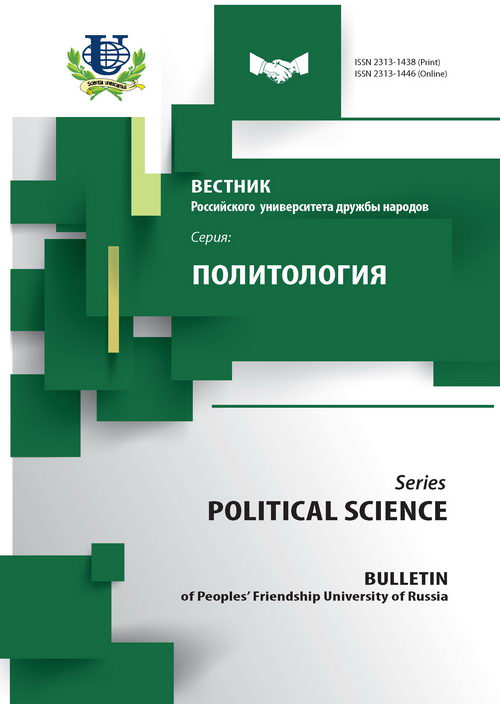Media Monopolies And Political Competition
- Authors: Saulyak VE1, Ewa da Silva N.C.1
-
Affiliations:
- Russian Peoples' Friendship University
- Issue: No 4 (2011)
- Pages: 134-145
- Section: ARTICLES
- URL: https://journals.rudn.ru/political-science/article/view/9017
- ID: 9017
Cite item
Full Text
Abstract
The article assesses the impact of information TNCs on the political process and public opinion in Western countries. In the global context relationships of media giants are characterized by on the one hand, as a highly competitive, and by another - as a concerted effort to capture and regulate the information market and planting of basic ideological tenets of neoliberalism. Without advertising support socially-oriented media would disappear from media space, and freedom of information is increasingly becoming a utopia. The era of globalized information begins protecting the interests of big business and ruling circles in the West, and imposing a single world view on key problems of the contemporary world order. New information technologies, electronic media, blogs break the monopoly of information media TNCs and facilitate the development of democracy and civil society.
Keywords
About the authors
V E Saulyak
Russian Peoples' Friendship University
Email: savaev@live.ru
Кафедра политических наук; Российский университет дружбы народов; Russian Peoples' Friendship University
Net Conceição Ewa da Silva
Russian Peoples' Friendship University
Email: sasha28n@mail.ru
Кафедра политических наук; Российский университет дружбы народов; Russian Peoples' Friendship University
References
Supplementary files














